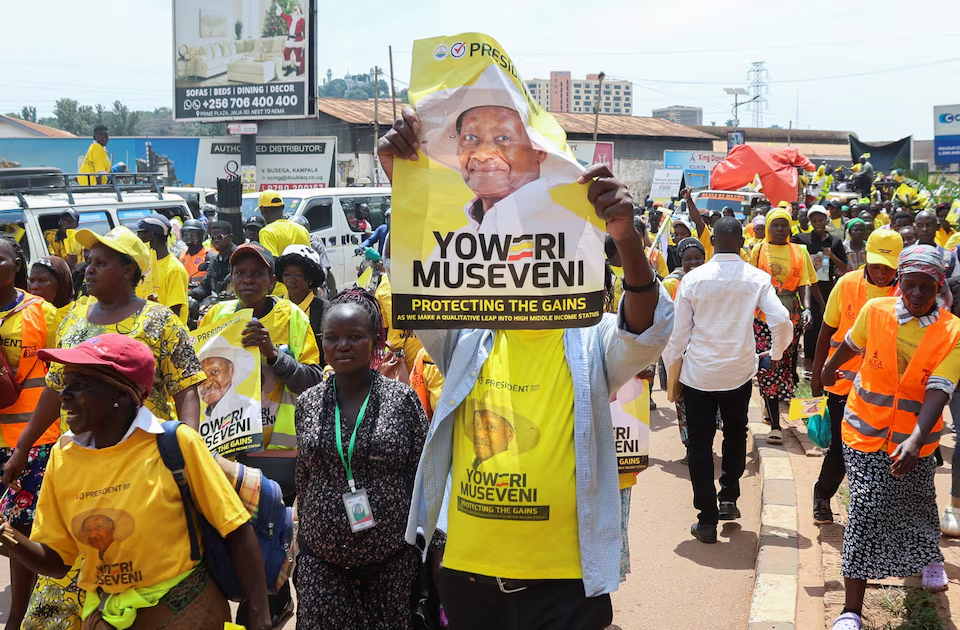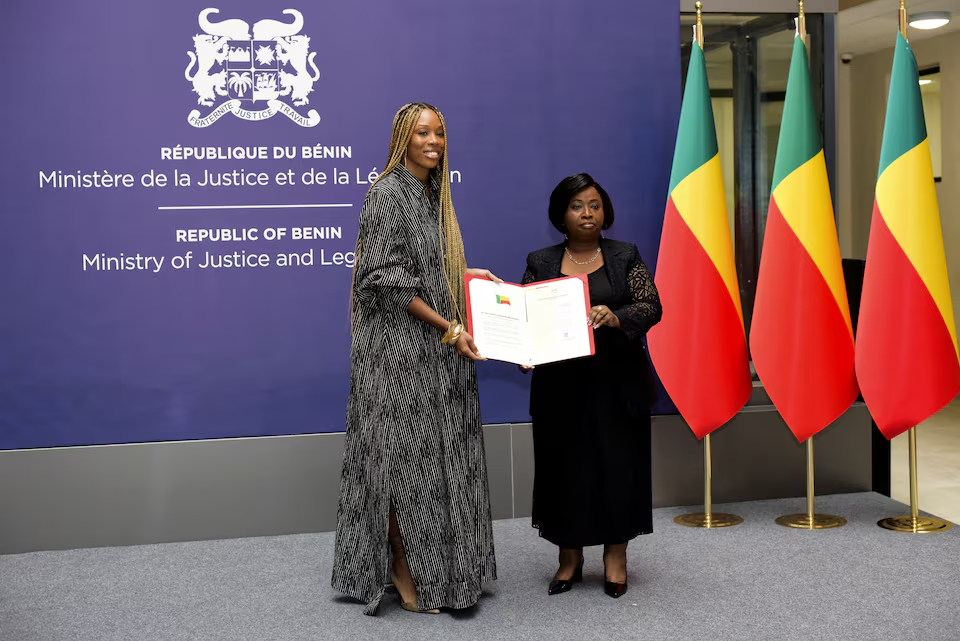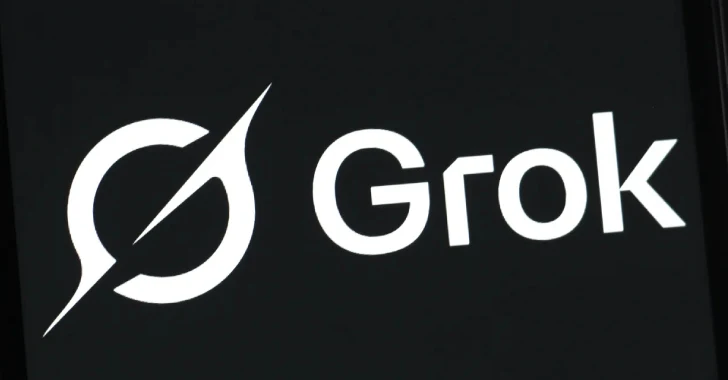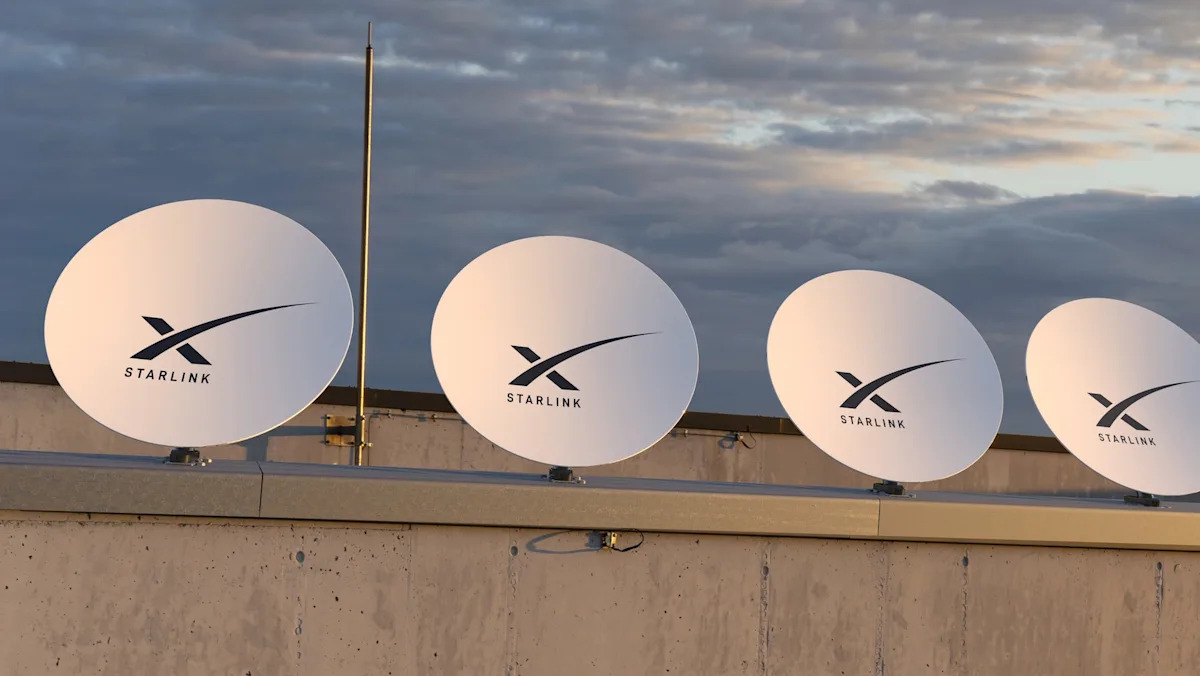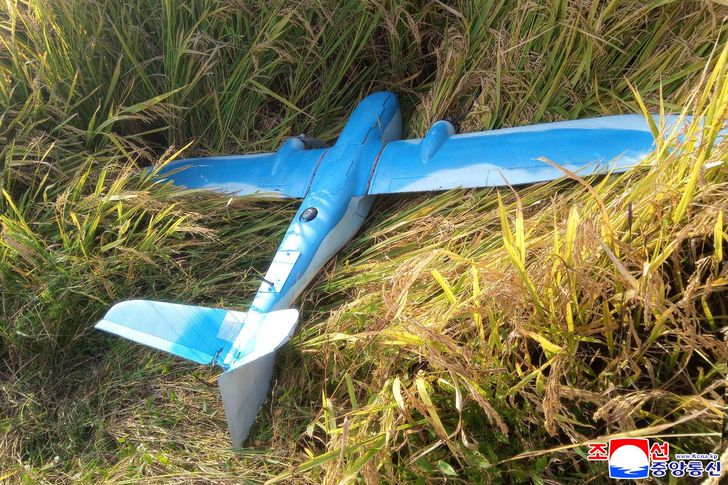Thailand has signed a long-delayed deal with China to acquire a 2,550-ton diesel-electric submarine, a move analysts say underscores Bangkok’s effort to assert strategic autonomy while preserving its long-standing alliance with the United States.
The Royal Thai Navy confirmed that Admiral Jirapol Wongwit, its chief, attended a signing ceremony at China Shipbuilding and Offshore International headquarters in Beijing on 16 September. The agreement covers the purchase of a Chinese-built Type 039A (Thai-designated S26T) submarine and includes technology transfer and crew training. Delivery is scheduled for 2028, after a roughly 40-month construction period.
Thailand originally planned to buy three submarines but scaled back to one because of budget constraints. The program faced years of delay after Germany refused to supply engines, citing a European Union arms embargo on China dating back to the 1989 Tiananmen Square crackdown. Bangkok has now agreed to accept a Chinese-made engine, which Beijing demonstrated through extensive reliability tests.
The S26T design features a Stirling-type air-independent propulsion system and MTU 396 diesel engines, giving it an endurance of up to 65 days at sea, according to defense industry sources.
Strategic analysts view the deal as more political than military. “Thailand’s submarine purchase was indeed a geopolitical signaling effort,” said Greg Raymond, a senior lecturer at the Coral Bell School of Asia Pacific Affairs. He argued that Bangkok’s approach seeks to maintain “strategic ambiguity” by diversifying its defense ties rather than aligning too closely with either Washington or Beijing.
Read Also: Thailand Intensifies Efforts Towards Legalising Cannabis
Thailand has been a close U.S. partner for nearly two centuries, hosting American military operations during the Vietnam War and earning designation as a major non-NATO ally in 2003. But relations have occasionally strained, including after Washington criticized Thailand’s 2014 military coup and suspended some military aid.
Analysts say the submarine purchase signals Bangkok’s desire to hedge between the great powers rather than switch sides. China has emerged as the world’s fourth-largest arms exporter and increasingly sells advanced systems to U.S. partners, boosting its influence in Southeast Asia.
While the submarine will have limited effect on Thailand’s maritime capabilities, the deal highlights Bangkok’s balancing act between its treaty ally and its largest trading partner.



